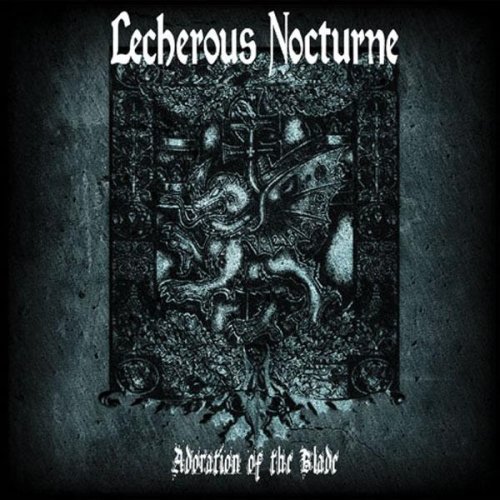

Cognitive behavioral therapy (CBT) is a type of psychotherapy (talk therapy).Your healthcare provider might prescribe these medications to take as needed when you sense a panic attack coming on. Beta-blockers, such as propranolol (Inderal™), may reduce the physical symptoms of a panic attack.Examples include alprazolam (Xanax™) and clonazepam (Klonopin™). It can be very difficult to stop using them. You may build up a physical tolerance, so they won’t work as well. Benzodiazepines can quickly reduce severe symptoms, but these medications are habit-forming.These medications may take up to six to eight weeks to fully work. Antidepressants and anti-anxiety medications can lessen the frequency and severity of panic attacks.Nocturnal panic attack treatments include: These are the same treatments for daytime panic attacks. Your healthcare provider may recommend a combination of medications and therapy to stop nocturnal panic attacks. How are nocturnal panic attacks managed or treated? Your healthcare provider may prescribe medication to lessen your symptoms. Some people find they can reduce an attack’s severity with deep, controlled breathing or muscle relaxation exercises. Once a panic attack starts, the only option is to let the symptoms run their course. How can you stop a nocturnal panic attack? It may take a while to fall back to sleep. Nocturnal panic attack symptoms usually peak in less than 10 minutes and then subside. How long do nocturnal panic attacks last?

Tingling or numbness in fingers or toes.Signs of a nocturnal panic attack include: They may struggle to catch their breath ( shortness of breath) or feel like they’re choking or having a heart attack.

However, research suggests that people who have panic attacks at night may have more severe breathing symptoms. Nocturnal panic attacks cause the same symptoms as attacks that occur during the day. What are the symptoms of a nocturnal panic attack?


 0 kommentar(er)
0 kommentar(er)
